Let’s delve into an often overlooked topic – chicken health. When it comes to our feathered friends’ wellbeing, understanding the signs of good health and potential problems is crucial. Besides, disease prevention starts with regular maintenance and cleanliness.
Maintaining Cleanliness for Optimum Chicken Health
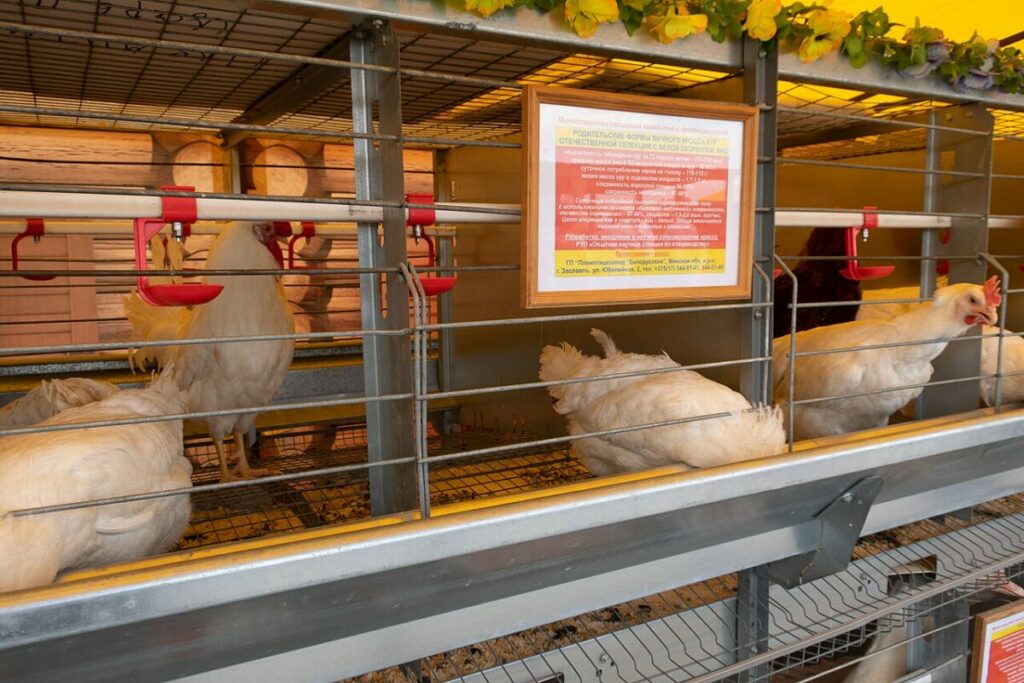
Whoever said cleanliness is next to godliness must’ve kept chickens because it applies perfectly here. Practicing cleanliness can simply mean ensuring a waste-free cage and a constant supply of fresh water. This has the added advantage of limiting disease spread. Regular cleaning of feed scoopers and other equipment that might contact your chickens is also of utmost importance.
Transport Equipment: The Hidden Culprit
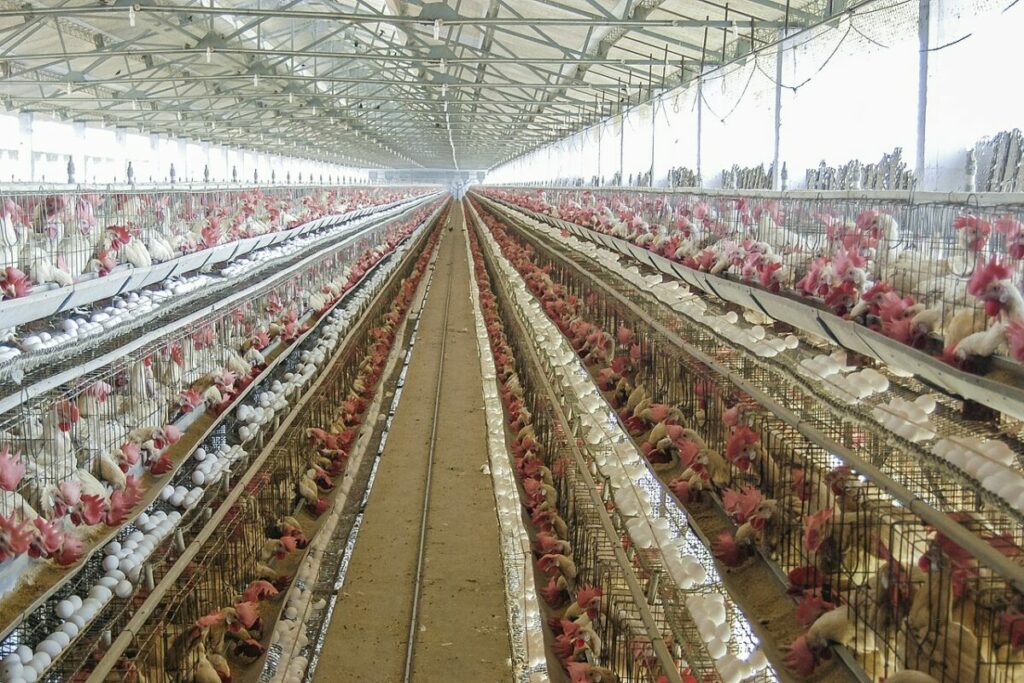
When considering chicken health, we often forget about transport equipment. Effective cleaning of trucks and any tires that move around the coop help prevent the unintentional spread of disease. Doing this regularly ensures that nothing harmful sneaks into your chicken environment.
Isolating New Birds: A Vital Step in Chicken Health
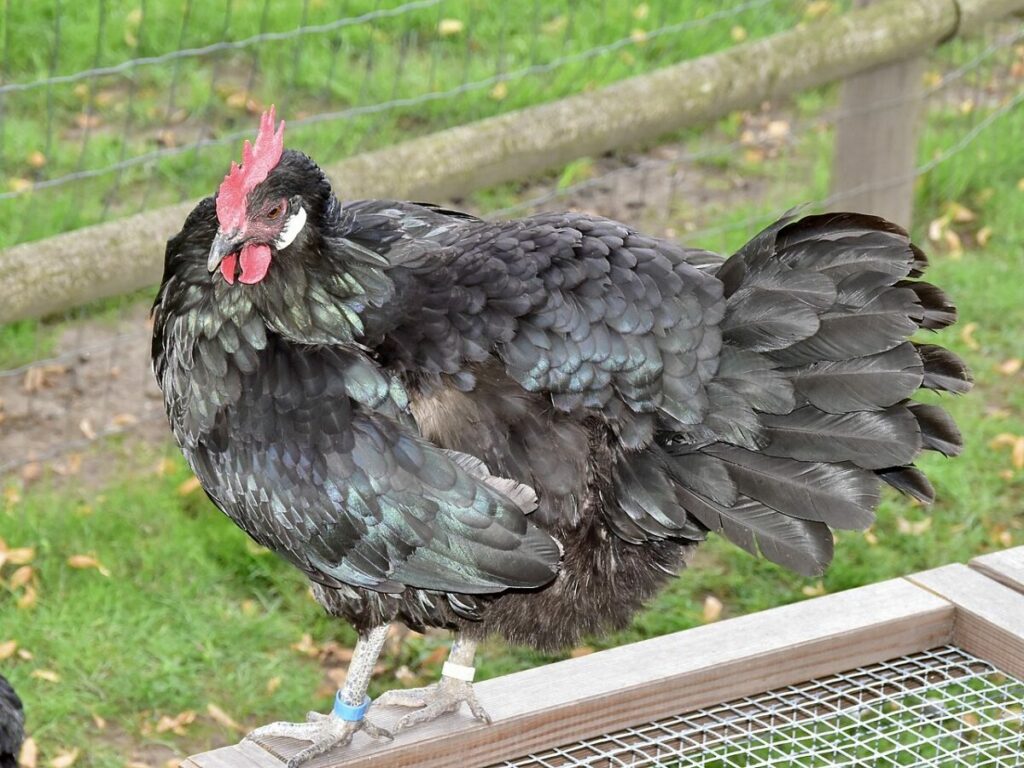
Adding a new bird to the flock? It’s recommended to keep it quarantined for at least 30 days. This time represents a vital observation window to verify if it’s fit or under the weather. The last thing you want is for a new flock member to inadvertently cause an outbreak.
Things we should be on the lookout for
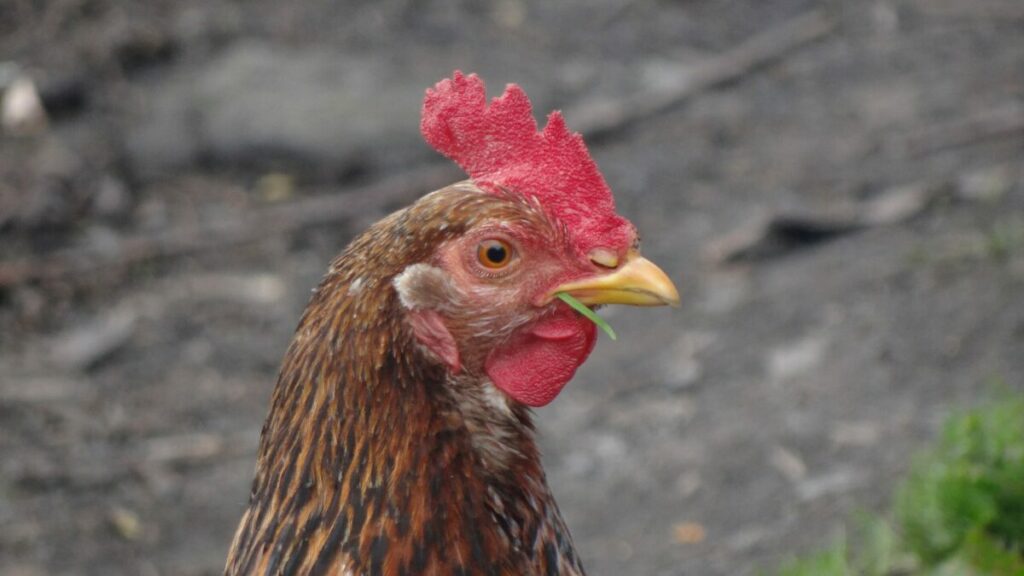
- Abnormal sneezing or coughing
- Difficulty in breathing
- Unstable walking or standing
Monitoring your birds regularly allows you to notice if anything is amiss.
When to Call the Vet: Dealing with Chicken Health Challenges
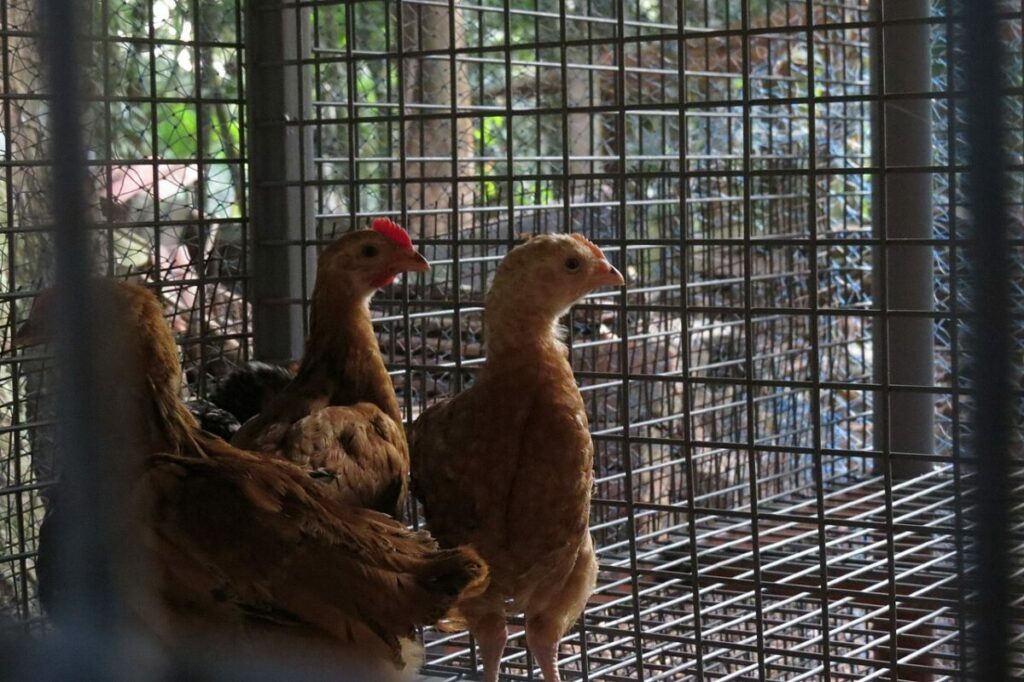
Many diseases can affect your chickens, and determining the issue can sometimes be like finding a needle in a haystack. When in doubt, contact a vet. Although it may just be a false alarm, it’s always best to err on the side of caution. Depending on the diagnosed condition, chickens can often respond well to antibiotics or other medications.
Teach Them Young
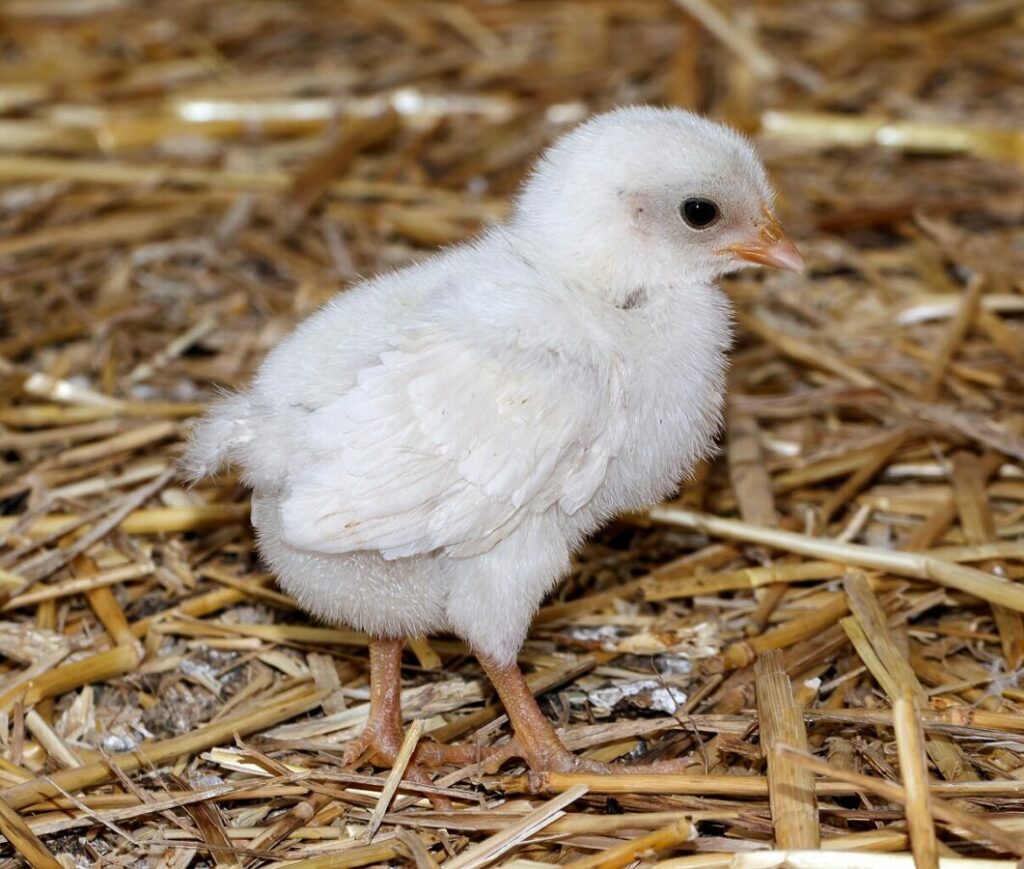
If your young ones are part of a 4H or other youth clubs, take this opportunity to instill the importance of chicken health. Teach them about cleanliness, water change frequency, and the warning signs of an unhealthy chicken. All these precautionary measures will go a long way in ensuring the flock stays healthy.
Related Resources: